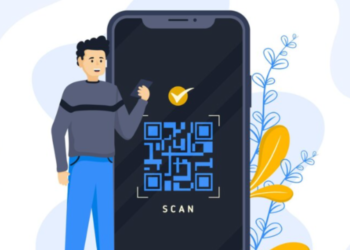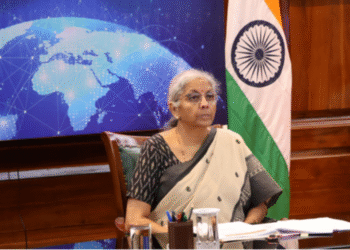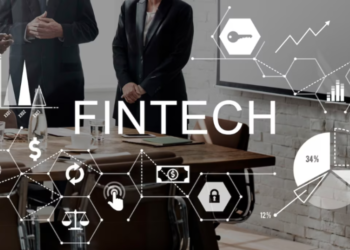Financial inclusion, the universal access to affordable financial services, has long been a global challenge. Billions of people worldwide, especially in emerging economies, have been excluded from the formal financial system, limiting their economic opportunities and hampering overall development. Enter fintech, a transformative force that is not only reshaping traditional financial services but also emerging as a powerful tool for bridging the gap in financial inclusion.
Democratizing access to banking services
Traditional banking models often struggle to reach remote or underserved communities due to infrastructure limitations. Fintech disrupts this narrative by leveraging digital technologies to bring banking services directly to people’s fingertips. Mobile banking apps, digital wallets, and innovative payment solutions empower individuals, even in the most remote areas, to access basic financial services without the need for a physical bank branch.
Microfinance and peer-to-peer lending
Fintech platforms are playing a crucial role in democratizing lending practices. Microfinance, facilitated by fintech, allows individuals with limited resources to access small loans for entrepreneurial ventures. Peer-to-peer lending platforms connect borrowers with individual lenders, bypassing traditional financial intermediaries. These models provide an alternative to conventional banking systems, making credit more accessible to a broader spectrum of society.
Digital payments for the unbanked
A significant portion of the global population remains unbanked, lacking access to basic financial services. Fintech addresses this challenge by introducing digital payment solutions that do not rely on traditional banking infrastructure. Mobile money platforms, powered by fintech, enable users to send and receive money, pay bills, and make purchases using basic mobile phones. This not only facilitates financial transactions but also creates a gateway for individuals to enter the formal financial system.
Blockchain for financial inclusion
The decentralised and transparent nature of blockchain technology is proving to be a game-changer for financial inclusion. Blockchain facilitates secure and cost-effective cross-border transactions, making remittances more efficient and affordable for individuals in regions with limited access to banking services. Additionally, blockchain-based identity solutions are helping create a formal financial identity for the unbanked, unlocking access to a myriad of financial services.
Financial literacy through fintech
Financial education is a key component of fostering financial inclusion. Fintech solutions are increasingly incorporating educational features to empower users with essential financial knowledge. Mobile apps and online platforms offer interactive tools, tutorials, and resources that help individuals make informed financial decisions, thereby contributing to their overall financial well-being.
Fintech is proving to be a catalyst for inclusive growth by bringing financial services to the underserved and unbanked populations. The journey toward bridging the gap in financial inclusion has just begun, and fintech is at the forefront, driving positive change for individuals and communities around the world.








